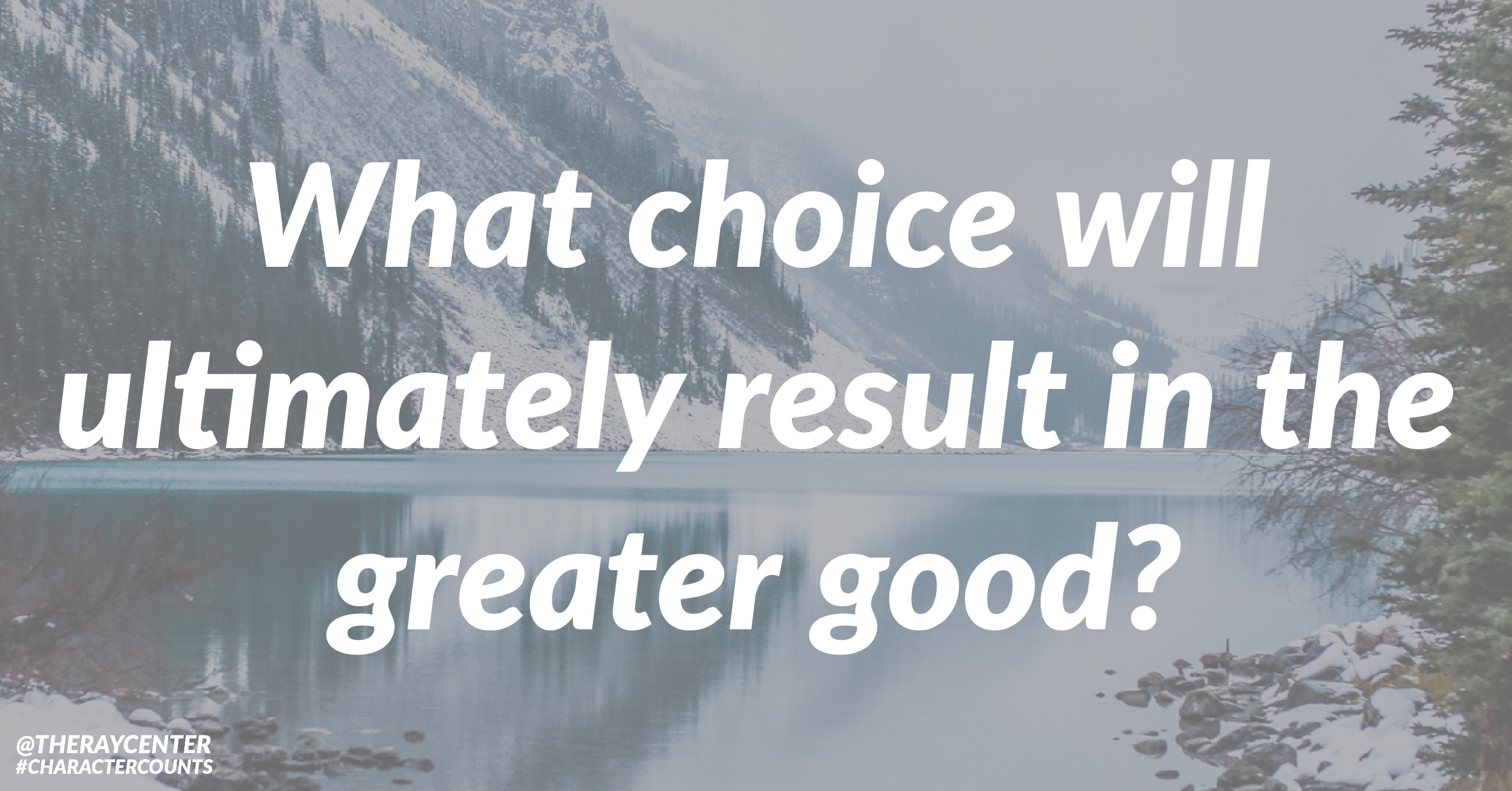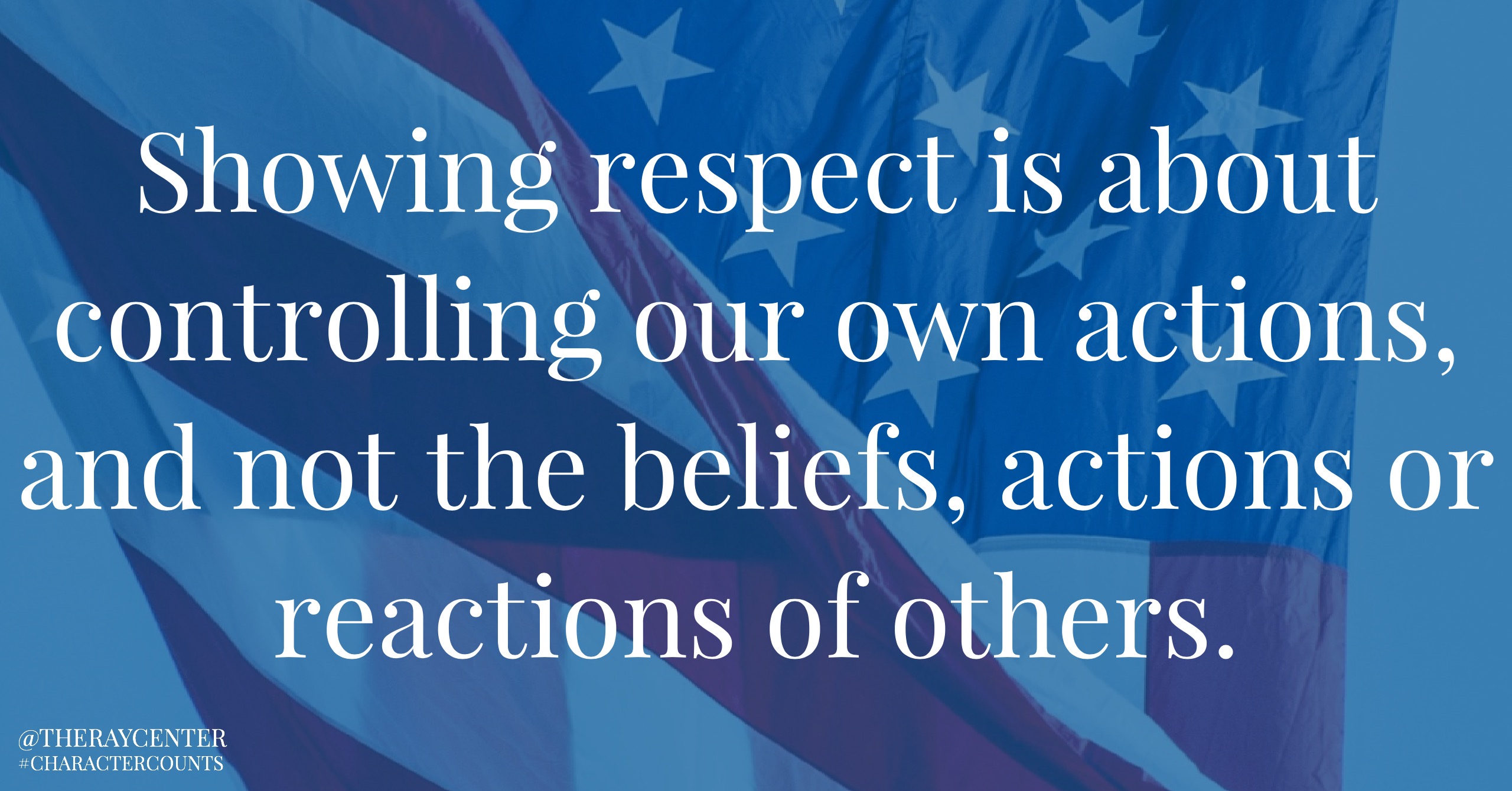Who pays for your choices?

Imagine Kate, a smart 15-year-old, who enjoys spending time with her family and friends. She lives at home with her parents and two brothers. One night, Kate got a call from her boyfriend. He asked her to sneak out to meet him. Kate agreed. When her boyfriend picked Kate up, she smelled alcohol on his breath.
Within minutes of getting into her boyfriend’s car, he swerved over the yellow line and ran into an oncoming car. Kate and everyone in the other car (parents and two children) were injured and taken to the hospital. Kate’s boyfriend escaped with no injuries.
While this story is fictional, similar scenarios play out in cities and towns throughout our country. Someone makes a poor choice and its ripple affect reaches many people. Even in this short story, there are dozens of people who were affected by Kate’s decisions.
This example demonstrates one good tool for making tough choices. Ask yourself who will gain or suffer from your decision. The potential outcome to these stakeholders may steer you to a more ethical decision.

